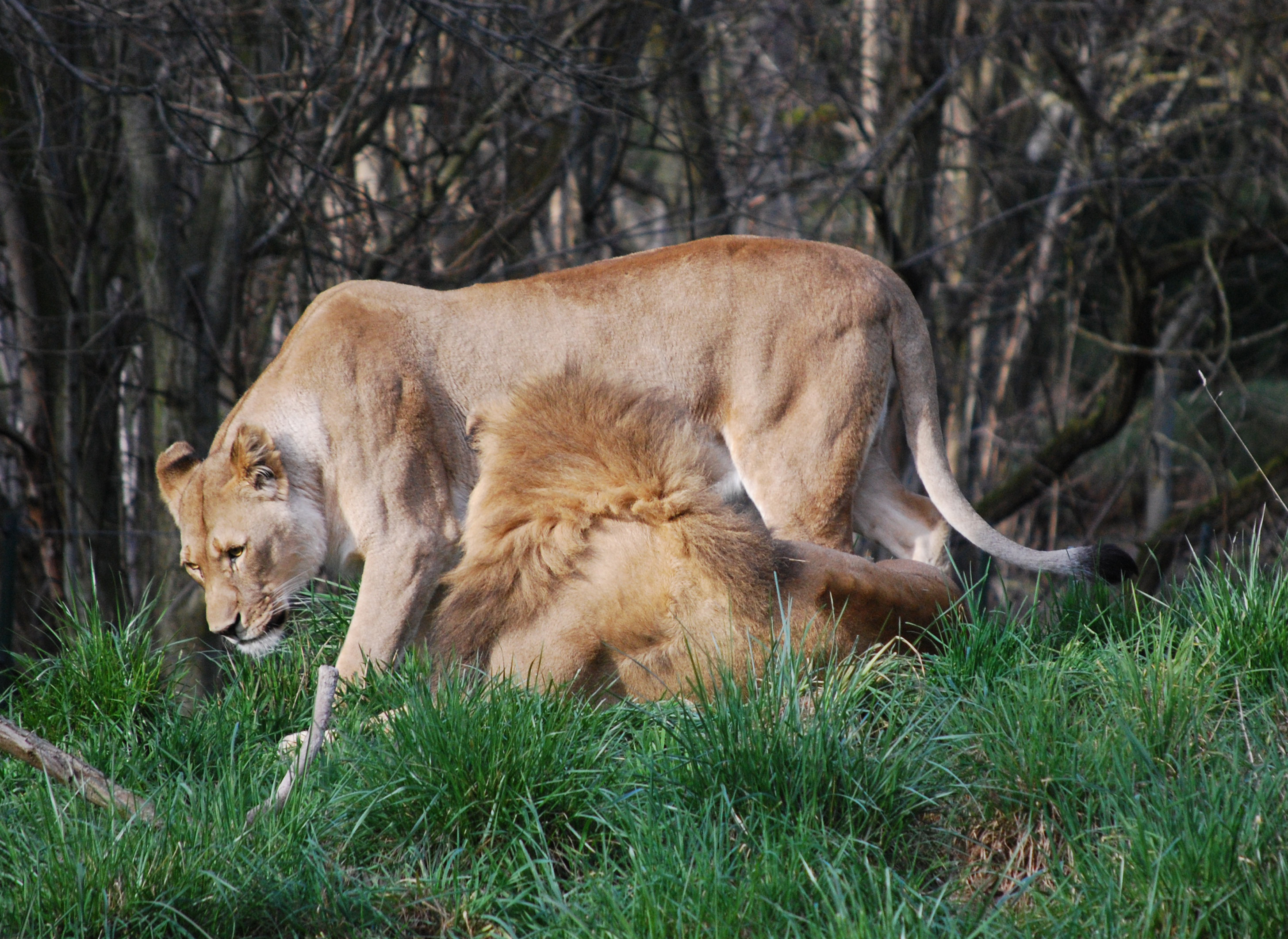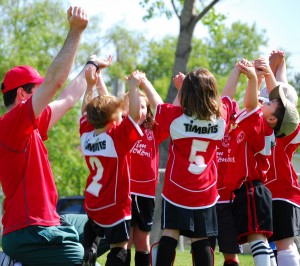Greater love has no one than this: to lay down one’s life for one’s friends. John 15:13
Relational unrest and breakdown is all around us and has hit close to home. Recently, we were surprised to see moving vans in front of the house of our next-door neighbors. They were a young couple with three kids. We later learned that they were going through a messy divorce. We never even knew they were struggling. Last week we were shocked to see the police surrounding the house of another neighbor two doors down from us. A domestic disturbance led to a five-hour siege with SWAT teams converging on this older couple’s home. We had no idea they were having any trouble. Sadly, the husband committed suicide.
Relationships are a mixed bag. We experience the most intense pain as well as the most meaningful pleasure in our relationships with others. From the moment of our conception, people are surrounding us. Conception initiates a relationship in which the fetus is completely dependent on his or her maternal host for existence. From start to finish, we cannot live without each other.
Admittedly, our survival is dependent on other people; however, without meaningful and nourishing relationships, we only exist and fail to experience the fullness of life. If we desire to have the abundant life that God wishes for each of us (John 10:10), we must cultivate our capacities and sharpen our skills for engaging authentically and meaningfully with others.
Relationships are a function of how we relate to ourselves. We are the living channel through which we relate to others. How we see, feel about, and treat ourselves matters—it impacts how we interface with others. Much like how the diet of a breast-feeding mother influences the digestion of her baby, so how we relate with ourselves influences how we will attach with others.
Many of us take our people skills for granted, mistakenly assuming that our capacity to connect meaningfully with each other is automatic—it is as if relating to each other were a part of our autonomic nervous system. Most of us will spend at least sixteen years investing in our education; yet, how many of us will even spend a couple hours with a counselor or life coach to enhance our friendships. We assume that we should naturally know how to relate effectively with others. Patently untrue.
It is a fact that we will all have relationships; however, what is in question is the quality and depth of our relationships. Relationships are on a continuum, from schizoid and splintered to intimate and interdependent. We have the choice as well as the responsibility to decide whether we want to have mediocre relationships or fulfilling friendships.
How we relate to others is heavily influenced by the quality and characteristics of the relationships we had with our parents and our siblings. It would behoove us all to take a second look at the health of our relationships within our family of origin. No family is perfect—all are filled with a blend of hurtful and healthy experiences. The wise person is the one who learns from their past and practices for his or her future. As you learn and grow you can increase your capacity for intimacy with others. You attract more relationships and build more nourishing and genuine friendships.
Please join me for a free webinar at 12:30 CST on Wednesday, January 4, in which I will be introducing some of the key concepts about friendships from my new book, Grappling with God: Renew Your Relationship and Deepen Your Faith. The 25 minute webinar is entitled, “7 Steps for Genuine Friendships.” Register @ https://








